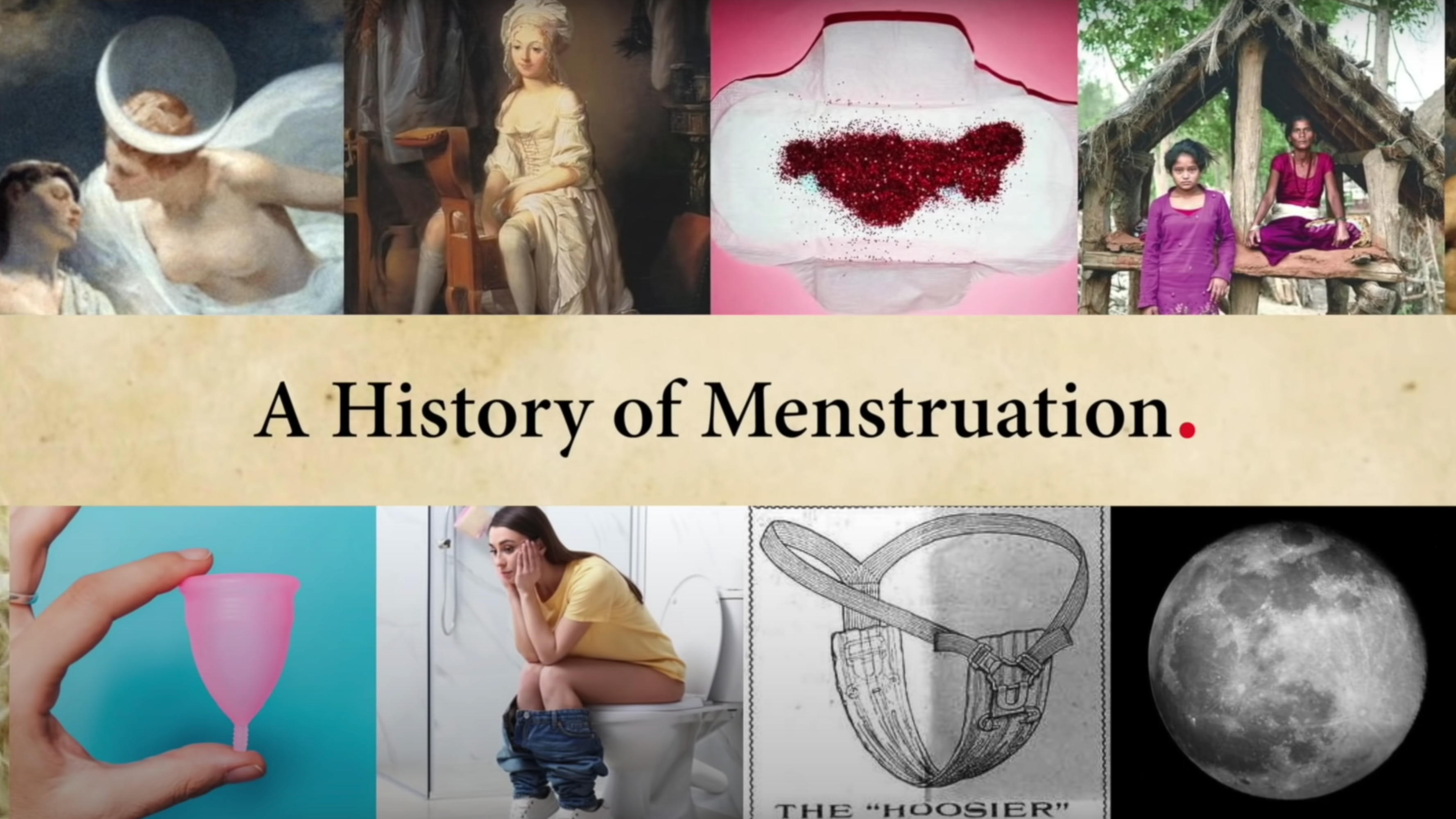
Even in 2022, there can still be a stigma attached to menstruation and people who experience a monthly period. This video from History Tea Time With Lindsay Holiday showcases the long history of menstruation and how individuals who get their periods have been treated over time.
Did you know that the word menstruation has Latin and Greek roots? Mensis is Latin for the word month, and mene means moon in Greek, which makes sense seeing as most individuals who get their periods start a new period approximately every 29 days, similar to the moon’s orbit.
More from LittleThings: Women Should Start Getting Regular Mammograms at Age 40, New Guidelines Say
This connection allowed a lot of people to believe that a woman’s menstrual cycles were linked to the cycles of the moon. Furthermore, there is a link to many goddesses who are said to have powers over fertility.
Ancient Mayans actually believed that menstruation was punishment to the moon goddess for sleeping with the sun god. Her blood was said to be stored in 13 different jars and was then transformed into snakes, poison, insects, and diseases.
Feeling a bit tired of menstruating every single month? As it turns out, women in modern times are far healthier than preindustrial women who didn’t get their periods regularly or bleed as much because, without birth control, women spent a good chunk of those years pregnant and breastfeeding.
According to the Ebers Papyrus — the oldest existing medical document, dating back to circa 1550 BC — women in ancient Egypt used soft rolls of papyrus as makeshift tampons.
The stigma often attached to menstruation being something dirty is a notion that’s been cycled throughout history. For example, in the Hebrew Torah, a menstruating woman is called Nida and seen as “ritually unclean.”
To learn the history of menstruation at length, check out the video.




